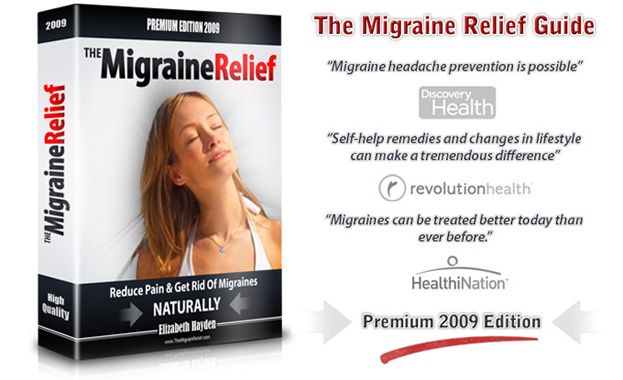Dealing With Headache Pain
Most of us have suffered from headache pain at some point. This can present itself as pain in the scalp, head or neck. Most of the time the headache isn't the result of anything serious and it is something we can combat with over the counter medications, relaxation and lifestyle changes, although in the case of migraines, prescription medication may be needed.
Most headaches are caused by some form tension. The muscles in your neck, jaw, scalp, and shoulders may get tight and produce this kind of headache pain. This type of headache is often related to stress, anxiety, worry or depression. Nowadays, so many of us have such busy agendas and long hours, which result in: poor sleep, overwork, dietary habits, drugs, and alcohol overuse, all of which may result in headaches. Specific food items, such as cheese, chocolate, and MSG, can also trigger a headache. People who consume a large amount of caffeine may get headaches when they are deprived of their usual daily amount. I can vouch for this first hand, inasmuch as I am in the process of breaking my addiction to diet coke and my reactions the first week were horrid. I not only had a headache, my husband proclaimed that I was really cranky. Tension headaches tend to be present on both sides of the head with pain radiating from the back of your skull. The pain can be dull or squeezing and frequently your neck, jaw, or shoulders may feel tight and sore. A good first step is to try aspirin, acetaminophen, or ibuprofen for the pain. Then try resting with a warm compress on the back of the neck, for additional relief.
Sinus headaches often cause pain in the front of your head and face due to inflammation of your sinuses. Postnasal drip, sore throat, and nasal discharge usually accompany this type of headache, which tends to increase in intensity when you lean forward or when waking up in the morning. Cluster headaches are sharp and very painful. They tend to occur several times a day for a few months and then they might disappear for a while. These are much less common than the typical tension headache. Headaches can also come on as a result of a cold, flu, fever, or PMS.
Migraine headaches are distinguished by being more severe and they are often accompanied by other symptoms, such as vision disturbances or nausea. You may see an aura before this type of headache begins. The pain is described as pounding, pulsating, or throbbing and is frequently located on one side of the head. The pain may get worse when you move around and or are exposed to bright light. My aunt suffered several times a month with migraines that she called 'sick' headaches and which sent her to her bedroom for the time it took until they went away. Migraines may respond to non-steroidal, anti-inflammatory drugs or migraine medications that contain a combination of drugs. On the other hand, prescription medication may be needed for frequent or persistent migraines.
Most of the time headache pain is nothing to be concerned about. However, if you have a sudden, extremely painful headache, one that gets worse over a 24-hour period, or one that occurs as a result of a head injury, seek medical care immediately. If a headache interferes with your normal activity or causes vision problems and slurred speech, get immediate medical attention.
